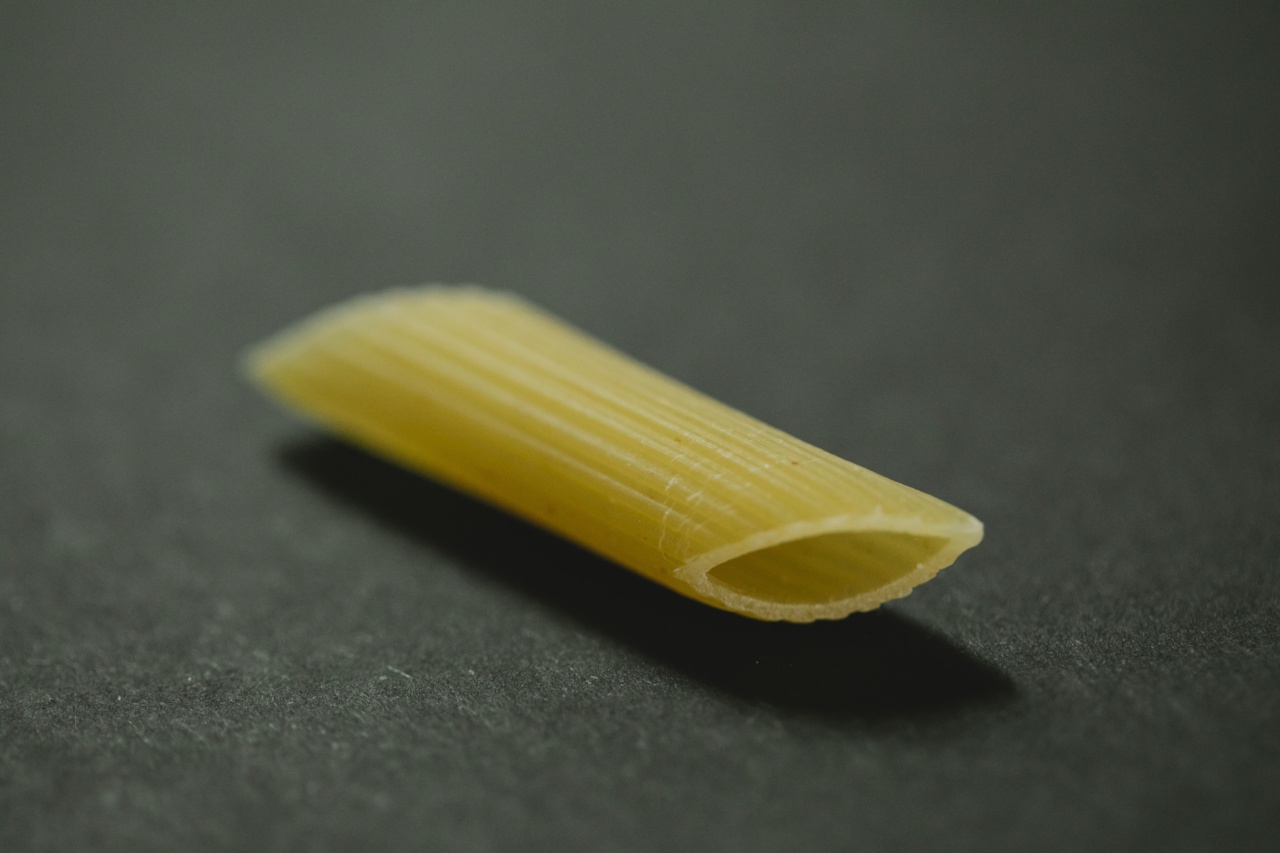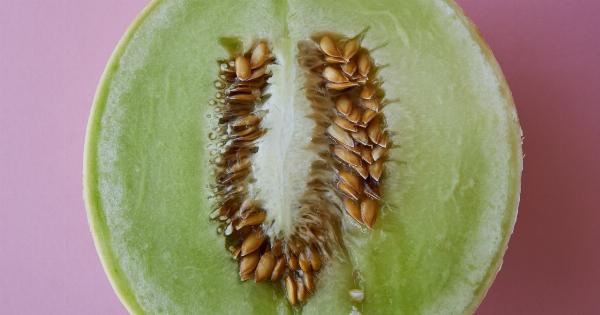Fertility issues are becoming more and more common these days.
More and more couples are struggling to conceive and carry a baby to term, and it is becoming an increasing cause for concern, especially among those who are eager to start a family but find themselves unable to do so. Fertility problems are caused by a range of different factors, including lifestyle habits and even genetic factors; however, did you know that one nutrient could also be playing a significant role in your fertility issues?.
What is the nutrient?
The nutrient in question is vitamin D. Vitamin D is an essential vitamin that is needed for a wide range of processes in the body, including regulating calcium and phosphorus levels and supporting the immune system.
However, it appears that it could also be playing a crucial role in male and female fertility, too.
How does vitamin D impact fertility?
Vitamin D plays a critical role in female reproductive health. Studies have found that women who have insufficient levels of vitamin D are more likely to experience infertility, and they are also more likely to have irregular menstrual cycles.
This is because vitamin D plays an important role in the development of healthy eggs, and insufficient levels of the nutrient can cause those eggs to be of inadequate quality. In men, vitamin D deficiencies have been associated with low testosterone levels and reduced sperm motility.
What are the symptoms of a vitamin D deficiency?
It is essential to note that symptoms of a vitamin D deficiency may not always be apparent. However, some of the most common symptoms can include:.
- Feeling tired or fatigued
- Weakness
- Muscle soreness
- Bone pain
- Depression
- Impaired wound healing
- Hair loss
How can you increase your vitamin D levels?
The good news is that there are ways to increase your vitamin D levels to improve your fertility. Some of the most effective ways to do this include:.
- Spending time in the sun: Your body produces vitamin D when your skin is exposed to sunlight. However, it is essential to ensure that you don’t overdo it and burn your skin. Experts recommend spending between 10 and 15 minutes in the sun at least three times per week.
- Eating vitamin D-rich foods: Foods that are rich in vitamin D include fatty fish, egg yolks, and mushrooms. You can also find vitamin D-fortified foods such as milk, orange juice, and cereal.
- Taking supplements: If you are unable to get enough vitamin D through sunlight exposure or your diet, your doctor may recommend taking a vitamin D supplement.
What are the risks of taking too much vitamin D?
While vitamin D is essential for our health, taking too much of it can be harmful. The recommended daily dose of vitamin D for adults is 600 to 800 IU, but it is possible to take too much vitamin D if you are taking supplements.
Symptoms of too much vitamin D can include:.
- Nausea or vomiting
- Poor appetite
- Weight loss
- Increased thirst
- Excessive urination
If you are taking too much vitamin D for an extended period, it can lead to hypercalcemia, which is a condition that causes too much calcium to build up in your blood. This can lead to kidney stones, weakness, and other issues.
The bottom line
If you are struggling with infertility issues, it is essential to ensure that you are getting enough vitamin D.
While it is just one factor that can impact your fertility, there is evidence to suggest that it can play a critical role in both male and female infertility. Talk to your doctor if you are concerned about your fertility or think that you may have a vitamin D deficiency.





























